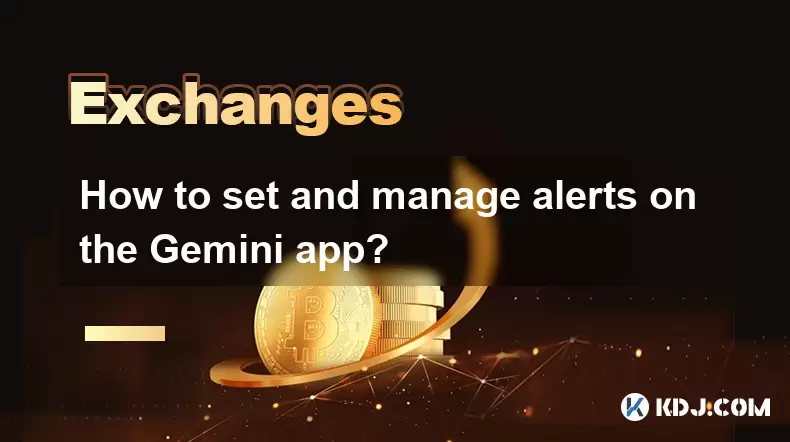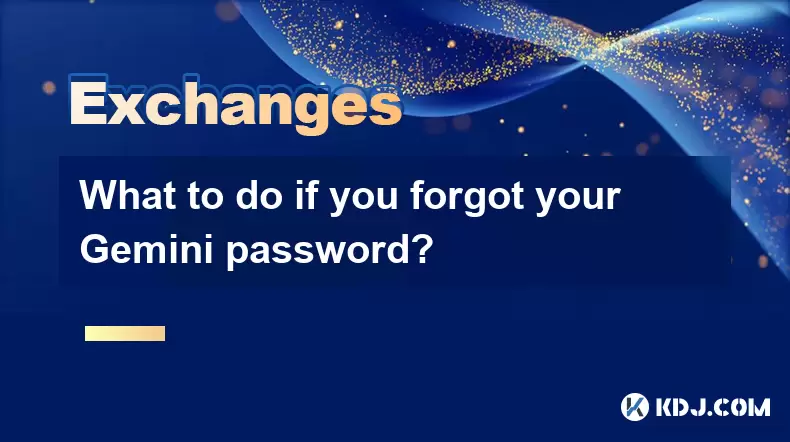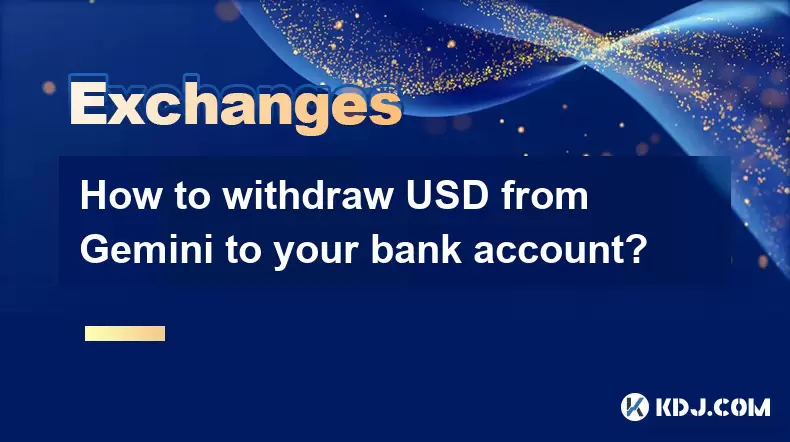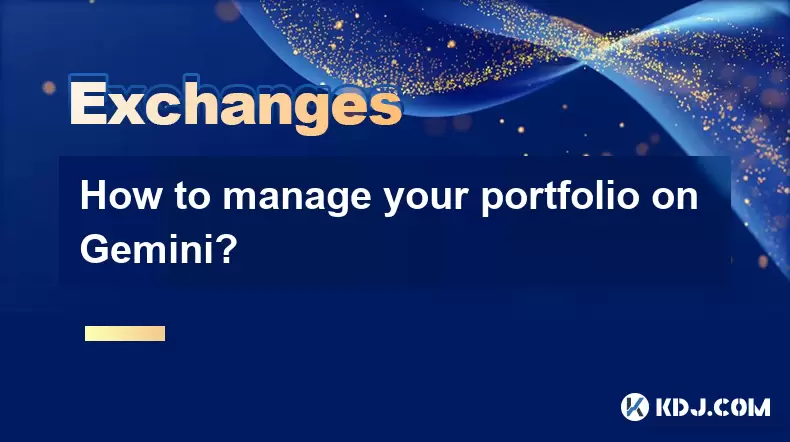-
 Bitcoin
Bitcoin $114400
0.68% -
 Ethereum
Ethereum $3550
2.48% -
 XRP
XRP $3.001
4.99% -
 Tether USDt
Tether USDt $0.9999
0.01% -
 BNB
BNB $757.6
1.46% -
 Solana
Solana $162.9
1.07% -
 USDC
USDC $0.9998
0.00% -
 TRON
TRON $0.3294
0.91% -
 Dogecoin
Dogecoin $0.2015
2.46% -
 Cardano
Cardano $0.7379
2.01% -
 Stellar
Stellar $0.4141
8.83% -
 Hyperliquid
Hyperliquid $37.83
-1.91% -
 Sui
Sui $3.454
0.76% -
 Chainlink
Chainlink $16.62
3.53% -
 Bitcoin Cash
Bitcoin Cash $554.6
2.84% -
 Hedera
Hedera $0.2486
3.91% -
 Ethena USDe
Ethena USDe $1.001
0.00% -
 Avalanche
Avalanche $21.95
3.34% -
 Toncoin
Toncoin $3.563
-2.85% -
 Litecoin
Litecoin $112.7
2.65% -
 UNUS SED LEO
UNUS SED LEO $8.977
0.13% -
 Shiba Inu
Shiba Inu $0.00001232
1.85% -
 Uniswap
Uniswap $9.319
2.93% -
 Polkadot
Polkadot $3.632
1.38% -
 Monero
Monero $307.2
2.36% -
 Dai
Dai $0.9997
-0.03% -
 Bitget Token
Bitget Token $4.340
0.91% -
 Pepe
Pepe $0.00001048
1.07% -
 Cronos
Cronos $0.1348
3.26% -
 Aave
Aave $261.5
1.93%
Is my cash in Coinbase protected by SIPC?
Coinbase users should know that while SIPC covers securities through its subsidiary, standard accounts holding crypto or cash aren’t protected by SIPC or FDIC.
Jul 04, 2025 at 02:57 pm

Understanding SIPC Coverage and Its Scope
The Securities Investor Protection Corporation (SIPC) is a non-profit organization established by the U.S. Congress in 1970 to protect investors in case their brokerage firm fails. It provides up to $500,000 in protection per customer, including a limit of $250,000 for cash balances, against the disappearance of securities held by a failed broker-dealer. However, it's important to note that SIPC does not cover losses due to market fluctuations or declines in asset value.
In the context of digital asset platforms like Coinbase, understanding how SIPC works — or whether it applies at all — becomes critical for users who hold fiat currency or crypto assets on the platform. Many investors mistakenly assume that all custodial services are covered under SIPC, which is not always the case.
Is Coinbase a SIPC Member?
One of the most common questions among Coinbase users is whether the company is a member of SIPC. The answer is: not entirely. While Coinbase operates multiple entities, only its subsidiary Coinbase Securities Inc. is registered as a broker-dealer and is a member of FINRA and SIPC. This means that certain accounts, such as those holding traditional securities, may be protected under SIPC if they're held through this specific entity.
However, the majority of Coinbase users interact with the main Coinbase platform, which is not a SIPC-member broker. This platform primarily facilitates the buying, selling, and storage of cryptocurrencies, along with holding USD balances. Therefore, cash held in standard Coinbase accounts is generally not protected by SIPC insurance.
What Happens to My Cash in a Coinbase Account?
If you deposit U.S. dollars into your Coinbase account, those funds are typically held in bank accounts at partner financial institutions. According to Coinbase’s official statements, the company maintains an amount of fiat currency equal to the total USD balance across all user accounts. However, this does not equate to FDIC or SIPC insurance coverage unless explicitly stated.
It's crucial to understand that while your money may be segregated from Coinbase’s operational funds, there is no formal guarantee from the government or SIPC that would protect your cash in the event of insolvency or theft unrelated to covered scenarios. Thus, users should consider this risk when deciding how much cash to keep on the platform.
How Does Coinbase Protect User Assets?
Although SIPC doesn’t apply broadly to Coinbase, the company has implemented several measures to secure user assets:
- Cold Storage: A large portion of cryptocurrency reserves are stored offline in cold wallets to prevent hacking.
- Insurance Policies: Coinbase carries cybersecurity insurance that covers losses from breaches or thefts from online systems, though the exact terms are not fully disclosed to the public.
- Segregated Accounts: Fiat deposits are kept separate from corporate funds and are maintained at insured banks, though again, this does not mean FDIC coverage extends to individual user balances.
- Regulatory Compliance: Coinbase is one of the most regulated crypto exchanges in the U.S., frequently engaging with regulators and complying with state and federal laws.
Despite these safeguards, none of them offer the same legal protections as FDIC or SIPC insurance, especially when it comes to cash balances held on the exchange.
Differences Between SIPC, FDIC, and Crypto Custody
Many users confuse SIPC, FDIC, and private insurance policies offered by crypto exchanges. Here's a breakdown:
- SIPC: Covers up to $500,000 in securities, including $250,000 in cash, but only applies to registered broker-dealers. It does not cover cryptocurrencies.
- FDIC: Provides up to $250,000 in protection per depositor, per insured bank, for traditional deposit accounts. However, FDIC does not extend to third-party platforms unless the user holds a direct account at the FDIC-insured institution.
- Crypto Exchange Insurance: Platforms like Coinbase maintain proprietary insurance plans that cover digital assets against certain risks, but these policies are not standardized and vary widely in scope.
Therefore, cash held in a Coinbase account is not FDIC-insured, nor is it covered under SIPC unless it's part of a specific product offered through Coinbase Securities Inc.
Frequently Asked Questions (FAQ)
Q1: Can I get FDIC insurance for my cash on Coinbase?
No, standard Coinbase accounts do not provide FDIC insurance for cash holdings. While Coinbase partners with FDIC-insured banks to store fiat, user balances are not individually insured unless explicitly stated.
Q2: Is there any way to have SIPC coverage on Coinbase?
Yes, but only if you use Coinbase Securities Inc., which offers brokerage services and is a SIPC-member firm. Regular Coinbase accounts for crypto trading do not qualify for SIPC protection.
Q3: What happens to my USD if Coinbase goes bankrupt?
Your USD would be treated as a general obligation of Coinbase, meaning you’d be considered an unsecured creditor. While Coinbase states that funds are held in segregated accounts, there is no SIPC or FDIC guarantee in place for recovery.
Q4: How can I protect my fiat and crypto assets better?
You can reduce exposure by keeping only small amounts on the exchange and transferring larger sums to FDIC-insured bank accounts or using cold storage solutions for crypto. For securities, ensure you’re using a SIPC-covered account if available.
Disclaimer:info@kdj.com
The information provided is not trading advice. kdj.com does not assume any responsibility for any investments made based on the information provided in this article. Cryptocurrencies are highly volatile and it is highly recommended that you invest with caution after thorough research!
If you believe that the content used on this website infringes your copyright, please contact us immediately (info@kdj.com) and we will delete it promptly.
- Cryptocurrency, Altcoins, and Profit Potential: Navigating the Wild West
- 2025-08-04 14:50:11
- Blue Gold & Crypto: Investing Disruption in Precious Metals
- 2025-08-04 14:30:11
- Japan, Metaplanet, and Bitcoin Acquisition: A New Era of Corporate Treasury?
- 2025-08-04 14:30:11
- Coinbase's Buy Rating & Bitcoin's Bold Future: A Canaccord Genuity Perspective
- 2025-08-04 14:50:11
- Coinbase's Buy Rating Maintained by Rosenblatt Securities: A Deep Dive
- 2025-08-04 14:55:11
- Cryptos, Strategic Choices, High Returns: Navigating the Meme Coin Mania
- 2025-08-04 14:55:11
Related knowledge

How to set and manage alerts on the Gemini app?
Aug 03,2025 at 11:00am
Understanding the Gemini App Alert SystemThe Gemini app offers users a powerful way to stay informed about their cryptocurrency holdings, price moveme...

How to use the Gemini mobile app to trade on the go?
Aug 04,2025 at 09:14am
Setting Up the Gemini Mobile AppTo begin trading on the go using the Gemini mobile app, the first step is installing the application on your smartphon...

What to do if you forgot your Gemini password?
Aug 04,2025 at 03:42am
Understanding the Role of Passwords in Gemini AccountsWhen using Gemini, a regulated cryptocurrency exchange platform, your password serves as one of ...

What are the websocket feeds available from the Gemini API?
Aug 03,2025 at 07:43pm
Overview of Gemini WebSocket FeedsThe Gemini API provides real-time market data through its WebSocket feeds, enabling developers and traders to receiv...

How to withdraw USD from Gemini to your bank account?
Aug 04,2025 at 11:01am
Understanding Gemini and USD WithdrawalsGemini is a regulated cryptocurrency exchange platform that allows users to buy, sell, trade, and store digita...

How to manage your portfolio on Gemini?
Aug 03,2025 at 10:36am
Accessing Your Gemini Portfolio DashboardTo begin managing your portfolio on Gemini, you must first log in to your account through the official websit...

How to set and manage alerts on the Gemini app?
Aug 03,2025 at 11:00am
Understanding the Gemini App Alert SystemThe Gemini app offers users a powerful way to stay informed about their cryptocurrency holdings, price moveme...

How to use the Gemini mobile app to trade on the go?
Aug 04,2025 at 09:14am
Setting Up the Gemini Mobile AppTo begin trading on the go using the Gemini mobile app, the first step is installing the application on your smartphon...

What to do if you forgot your Gemini password?
Aug 04,2025 at 03:42am
Understanding the Role of Passwords in Gemini AccountsWhen using Gemini, a regulated cryptocurrency exchange platform, your password serves as one of ...

What are the websocket feeds available from the Gemini API?
Aug 03,2025 at 07:43pm
Overview of Gemini WebSocket FeedsThe Gemini API provides real-time market data through its WebSocket feeds, enabling developers and traders to receiv...

How to withdraw USD from Gemini to your bank account?
Aug 04,2025 at 11:01am
Understanding Gemini and USD WithdrawalsGemini is a regulated cryptocurrency exchange platform that allows users to buy, sell, trade, and store digita...

How to manage your portfolio on Gemini?
Aug 03,2025 at 10:36am
Accessing Your Gemini Portfolio DashboardTo begin managing your portfolio on Gemini, you must first log in to your account through the official websit...
See all articles

























































































